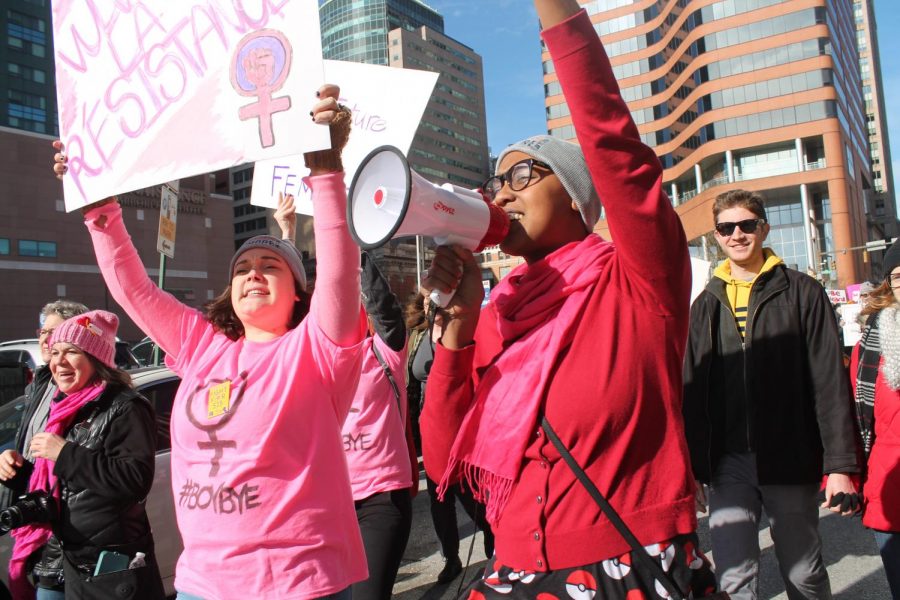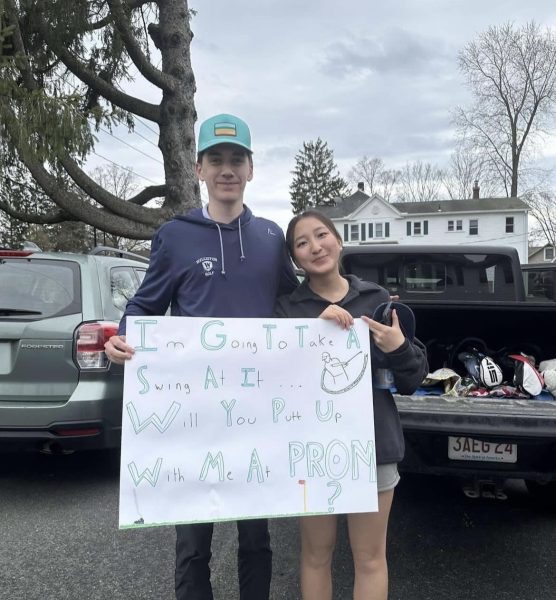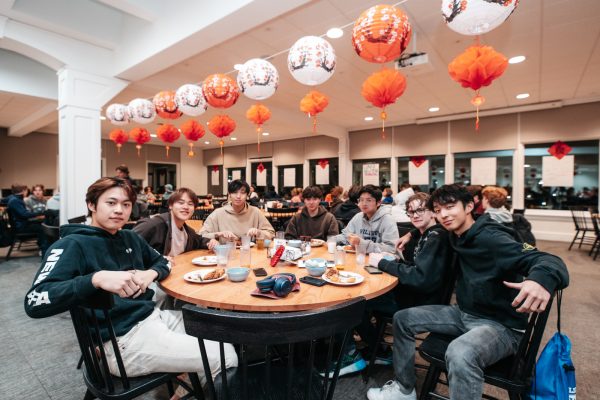China’s #MeToo: A Discussion About Sexual Assualt on Campus
The #MeToo movement has been sweeping through the globe ever since its start in November, 2017 with the powerful tag being used in at least 82 countries. However, as one of the largest economies with over one billion population, China was reluctant to join.
This might change now as the tragic suicide of one woman from 20 years ago re-surfaces.
In 1998, Yan Gao was a sophomore studying at Peking University, one of the most prestigious universities located in Beijing, China’s capital. During the summer vacation of that year, this promising young woman committed suicide after claiming she had been raped by one of her professors, Yang Shen.
On April 7, the 20th anniversary of Gao’s death, her relatives and former classmates posted remembrances of her and revelations of the once-buried sex controversy on the Internet, which quickly gained public attention.
Within just a few days, the incident has received millions of views and re-posts. The public demanded further investigations and effective responses from the involved institutions.
Shen, who is now 63 years old and left Peking University in 2011, was a Literature Professor at Nanjing University before the event broke out. Quickly after the news, Nanjing University claimed that “Yang Shen is no longer fit to work at our school,” and dismissed Shen.
In an interview with the China Youth Newspaper, two anonymous professors from Peking University reminisced about a school meeting from 20 years ago. “It was announced that Shen conducted ‘inappropriate behaviors’, but nothing was ever mentioned about sexual harassment or rape,” they said.
At that time, Shen received a warning from the university after Gao’s suicide. However, he denied all accusations and served no serious consequences.
Shen still denies any sexual interactions with Gao. “We’ve never been in the same bed, never had sex, and have never had any romantic relationship,” he said.
Shen also protested that he was victimized by the pressure of public opinion.
Although still requiring further investigations, Gao’s case has made a positive impact on China’s #MeToo movement. It is being viewed as an example of the abuse existing in the country and encourages more people to speak up.
Junior Glede Wang ’19 has followed the incident closely since it broke out. “I really wish the news could happen earlier, rather than 20 years after the actual suicide,” she said. “That could probably prevent more people from being assaulted during this time.”
Glede comes from mainland China. “The #MeToo movement in China might not be so prevalent as in the United States, but I still believe it will go somewhere. More and more people are paying attention to feminism and basic human rights in China, and I also see lots of more equality movements among college students than in the past.”
She added: “I think it is totally necessary to punish sex crimes on campus with serious consequences. If we want to minimize such cases, schools need to establish effective regulations and related organizations. If there is nowhere for the victims to go to, similar tragedies will only happen again and again.”
“At the same time, schools should also have some class or sessions to educate students about sexual assault and self-protection,” she said.
Katie Most ’18 is an activist and has participated in women’s marches before. She said: “I think some of the best ways to prevent sexual assault on campus are to develop common definitions of consent, and establish a comfort around the topic of sex and healthy relationships in general,” she said.
“I think talking about this cultural issue and advocating for change is really important,” she continued. “Whereas dealing with it is more vague. Justice isn’t a black and white thing and needs to be subject to what the victim feels is right for them.”
She continued: “Schools should have policies in place so that perpetrators are held responsible for their actions and victims are getting the support they need. It’s also important that every student has allies on campus who they feel comfortable talking to and seeking help from if they’ve been in that situation.”
Miriam King, a math teacher and dorm parent in Memorial East, said: “I think awareness is probably the most important thing. It would certainly be important to talk to both genders about what kind of things is okay versus what is not okay, and to go against gender stereotypes.”
She continued: “Maybe schools can have some outside education. Some groups can meet together to share how they view things that are going on, to support each other, and even to have some smaller groups where people could seek out if they want advice or help. Some students can do collaborative workshops outside schools and then come back to their own schools to present. ”
“It’s also important that the health services is open to listen to anyone and to deal with any kind of sexual assault. We would hope the students, whoever this occurs to, would have an adult to seek out, to give them support and help. And the school should stand right behind them and help them through those difficult times,” said King.
Shirley Zhou is a four-year senior at Williston. She is from Changshu, China. She enjoys listening to music, playing the guitar, and creative writing (preferably...

















